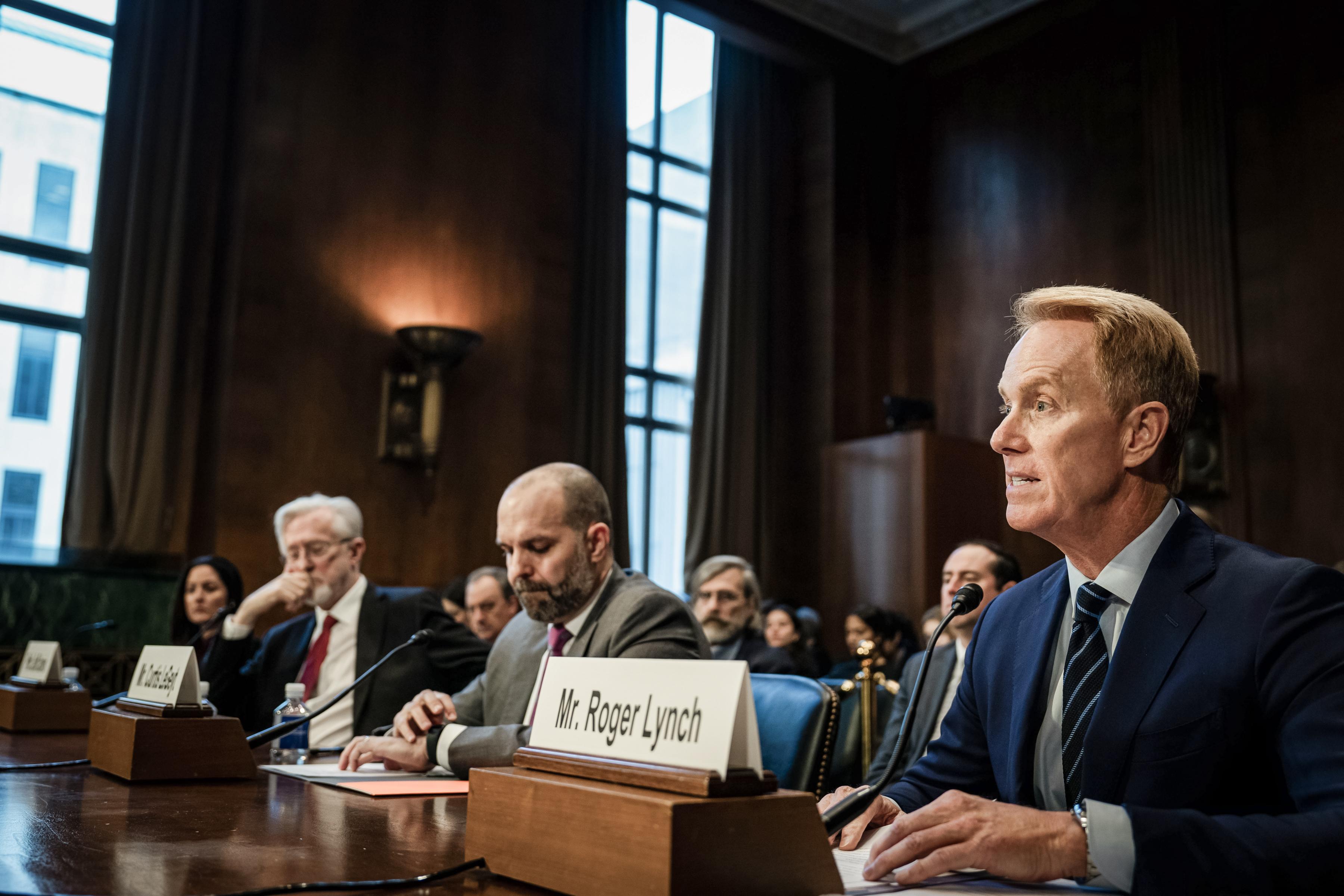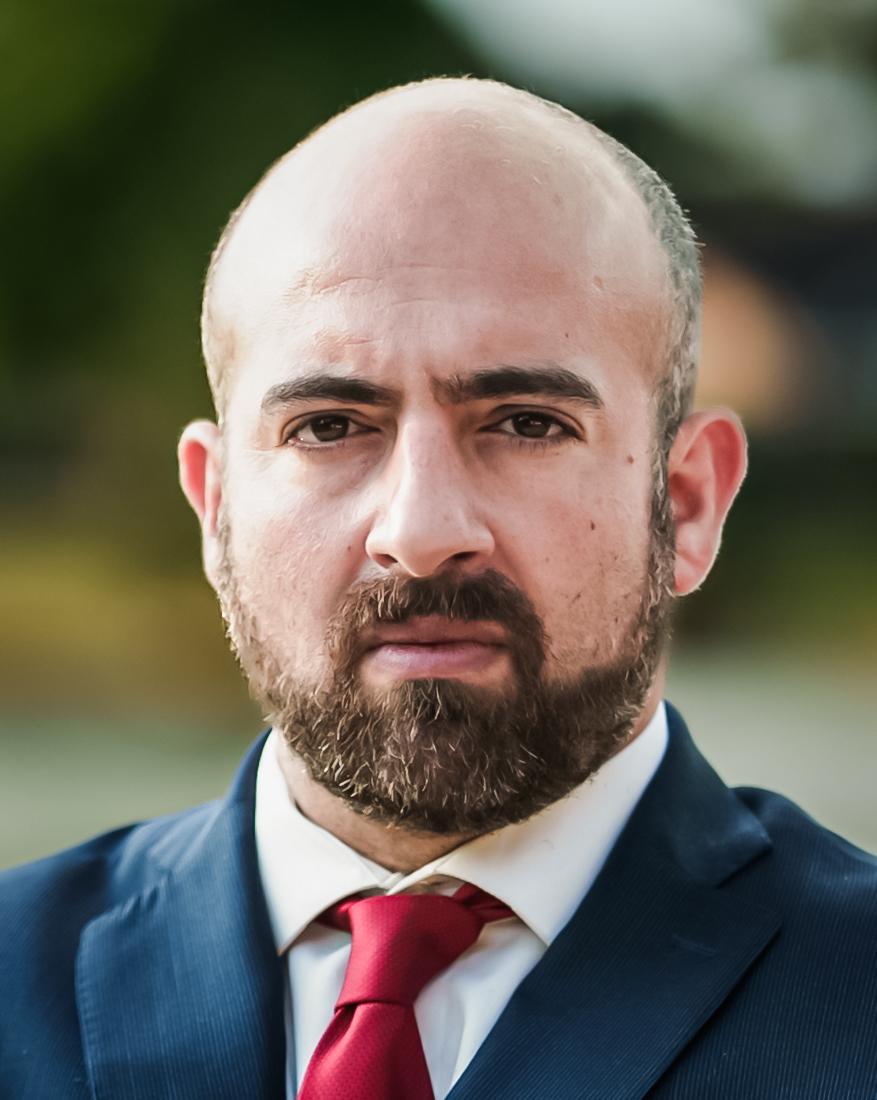By:
Dr Hemlock
-
- Get link
- X
- Other Apps
The National Science Foundation spent $39 million on Track F, a program related to censoring, suppressing Americans' speech, according to a new report.
The report looking into the National Science Foundation (NSF) is the latest addition to a growing body of evidence that critics claim shows that federal officials—especially at the FBI and CIA—are creating a “censorship-industrial complex” to monitor U.S. public expression and suppress speech disfavored by the government.
“In the name of combatting alleged misinformation regarding COVID-19 and the 2020 election, NSF has been issuing multimillion-dollar grants to university and nonprofit research teams,” reads the report by the House Judiciary Committee and its Select Subcommittee on the Weaponization of the Federal Government.
“The purpose of these taxpayer-funded projects is to develop AI-powered censorship and propaganda tools that can be used by governments and Big Tech to shape public opinion by restricting certain viewpoints or promoting others.”
The report also describes, based on previously unknown documents, elaborate efforts by NSF officials to cover up the true purposes of the research.
The efforts included tracking public criticism of the foundation’s work by conservative journalists and legal scholars.
“NSF does not engage in censorship and has no role in content policies or regulations. Per statute and guidance from Congress, we have made investments in research to help understand communications technologies that allow for things such as deep fakes and how people interact with them,” the spokesman said.
“We know our adversaries are already using these technologies against us in multiple ways. We know that scammers are using these techniques on unsuspecting victims. It is in this nation’s national and economic security interest to understand how these tools are being used and how people are responding so we can provide options for ways we can improve safety for all.”
The spokesman also denied that NSF ever sought to conceal its investments in the so-called Track F Program and that the foundation does not follow the policy regarding media that was outlined in the documents discovered by the committee.

“The NSF-funded projects threaten to help create a censorship regime that could significantly impede the fundamental First Amendment rights of millions of Americans, and potentially do so in a manner that is instantaneous and largely invisible to its victims,” the congressional report reads.
During NSF’s solicitation and sifting of dozens of bids that it received in response to its request for proposals, a University of Michigan team, with its “WiseDex” tool, pitched federal officials on enabling the government “to externalize the difficult responsibility of censorship.”
The Michigan team was one of four Track F funding recipients spotlighted by the congressional report. A total of 12 recipients were involved in Track F funding and activities.
The second of the four spotlighted teams is from Meedan, a San Francisco-based group that describes itself as “a global technology not-for-profit that builds software and programmatic initiatives to strengthen journalism, digital literacy, and accessibility of information online and off.”
“We develop open-source tools for creating and sharing context on digital media through annotation, verification, archival, and translation,” the organization stated.
In fact, according to the congressional report, Meedan’s Co-Insights Program uses AI to identify and counter “misinformation” on a massive scale.
One illustration that the group provided to NSF in its funding pitch was its ability to “crawl” more than 750,000 blogs and media articles on a daily basis for misinformation and fact-checking on themes such as “undermining trust in mainstream media,” “fear-mongering and anti-Black narratives,” and “weakening political participation.”
The Co-Insights Program, according to the congressional report, was “part of a much larger, long-term goal by the nonprofit.”
“As [Scott] Hale, the director of research at Meedan, explained in an email to NSF, in his ‘dream world,’ Big Tech would collect all of the censored content to enable ‘disinformation’ researchers to use that data to create ‘automated detection’ to censor any similar speech automatically,” the report reads.

The third spotlighted team is from the University of Wisconsin and its CourseCorrect tool that received $5.75 million in NSF funding “to develop a tool to ‘empower efforts by journalists, developers, and citizens to fact-check delegitimizing information’ about ‘election integrity and vaccine efficacy’ on social media.”
Officials with NSF asked the MIT team “to develop ‘effective interventions’ to educate Americans—specifically, those who the MIT researchers alleged ’may be more vulnerable to misinformation campaigns’—on how to discern fact from fiction online.”
“In particular, the MIT team believed that conservatives, minorities, and veterans were uniquely incapable of assessing the veracity of content online,” the congressional report reads.
“In order to build a ’more digitally discerning public,' the Search Lit team proposed developing tools that could support the government’s viewpoint on COVID-19 public health measures and the 2020 election.”
In a study by one of the MIT team’s members, people who hold as sacred certain texts and documents, most notably the Bible and the U.S. Constitution, were described as “‘often focused on reading a wide array of primary sources, and performing their own synthesis,’ further alleging that, ‘unlike expert lateral readers,’ the conservative respondents made ‘no such effort’ to ‘eliminate bias that might skew results from search terms.’”

In other words, the congressional report states, “The researchers’ concern is that there are Americans who deem the Constitution and the Bible ’sacred,‘ and therefore dare to conduct their own research of ’primary sources’ rather than trust the ‘professional consensus.’”
The NSF’s Track F managers kept a tight hold on how recipients of funding under the program dealt with media requests for information, characterized reporting in conservative media as “misinformation,” and required grant recipients to submit press releases and related documents to the government prior to release.
The committee report criticized NSF for failing to provide “an appreciable volume of documents and information” that had been requested in May 2023.
“To date, NSF has produced a mere 294 pages to the committee in response to requests for documents and information relating to its Track F program, maintaining an iron grip on much of the substantially relevant information,” the report reads.
“Time and again, NSF engaged in efforts to hide its Track F censorship program from the American people, training the research teams on how to avoid media scrutiny and refusing to respond substantively to congressional requests itself.
“The extent to which NSF has gone to shield its taxpayer-funded censorship research raises serious concerns that NSF knows its research activities violate the Constitution and fundamental civil liberties.”

The private-sector side of the censorship-industrial complex encompasses hundreds of technology firms such as Meedan that are funded in whole or in part by the federal government, as well as academic and nonprofit organizations such as the teams at MIT and the universities of Wisconsin and Michigan.

“You’ve got government, the private sector, civil society, and then news media and fact-checking,” Mr. Benz said.
When disinformation conferences are held, representatives from all four institutions usually attend, the former State Department official said.
“They will negotiate what their own preferences and needs are, they will talk with each other about doing favors for favors, they will work out common terminologies, common problems that they are having,” he said.
“They will have revolving doors at the professional level. People who are in government roles in mis-, dis-, and mal-information, for example, at DHS [the Department of Homeland Security], will get their next jobs at the German Marshall Fund or at the Atlantic Council’s Digital Research Lab, the Alliance for Preserving Democracy, Stanford University. It is a career path; it is a path to power.”

However, the appropriations bill became ensnared in the inability of the House late in 2023 to complete all 12 major spending bills.
Mr. Steube’s amendment contained the same language as H.R. 140, which passed the House in February 2023 but remains stalled in the Senate.
“Let me tell you; you take on the intelligence community, they have six ways from Sunday at getting back at you. So even for a practical, supposedly hard-nosed businessman, he’s being really dumb to do this,” Mr. Schumer said on MSNBC, referring to President Donald Trump.
Mr. Waller said, “Here you have the most powerful man in the Senate admitting flat out that Congress has no authority over the intelligence community.
“In fact he is saying the president of the United States also has no authority over the intelligence community. What Chuck Schumer was literally saying was that the intelligence community has become a state within a state and there is nothing constitutionally elected representatives of the people can do about it.”
Asked what the growing censorship-industrial complex means for everyday Americans, Mr. Waller said that “every time we use an electronic communication device, someone, somewhere, stores every word, every keystroke, and can use that to extrapolate precisely where we are at what time, precisely what we do, precisely what we want, who all of our relatives, friends, and acquaintances are.
“They can psychologically profile us, they can run predictive analytics on our psychological profiles to anticipate what we’re going to do,” he said. “They have other applications far beyond what we can imagine, and they are developing more and more and more. And when we get to where we are obstructing their industry and their ideology, they can turn us into what George Orwell termed ‘non-persons.’”
Comments
Post a Comment